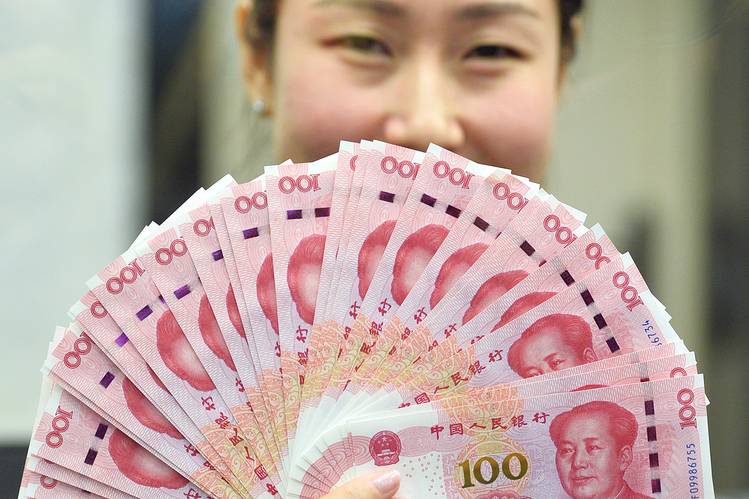Chinese property market will remain ‘favorable’ despite cooling measures: Leju CEO
The Chinese government’s efforts to arrest fears of a property market bubble by introducing a series of cooling measures could still keep long-term demand-supply dynamics favorable for businesses, the chief executive of a U.S.-listed Chinese online-to-offline real estate services company told CNBC.
Last year, several Chinese cities tightened rules for home purchases, including Beijing, which increased the down payment required on real estate buying. First-time buyers are now required to put a down payment equivalent to 35 percent of the property’s purchase price, up from 30 percent. For people buying their second property, they will have to put down at least half of the selling price.
Yinyu He, CEO at Leju, told CNBC’s “Squawk Box” on Tuesday, “We understand that the policies aim to cool down the overheated market … however, the local governments imposed very strict limitations on the marketing activities of developers, which imposed a negative impact to our business.”
Leju reported earnings on Monday, where fourth-quarter revenue fell 39 percent to $104.9 million on-year and quarterly net loss was $26.4 million compared with a net income of $12.8 million a year earlier.
In a separate earnings statement, He said the cooling measures, which took effect in the fourth quarter of fiscal 2016, led to reduced transaction volume and demand for marketing activities from developers across all major cities in China.
Data from the National Bureau of Statistics suggests the cooling measures are occurring as the staggering pace at which house prices were rising appears to have slowed.
Reuters reported that, in January, China’s home price growth slowed for the fourth straight month. Average new home prices in 70 major cities rose 0.2 percent on-month, slowing from December’s print of 0.3 percent on-month rise. But annually, home prices still rose.
Official data on Tuesday showed that, despite official measures to curb a housing market bubble, property sales by area in January and February surged 25.1 percent annually, according to Reuters.
He said the demand for new homes in tier 1 and tier 2 cities is still strong while lower tier cities were facing a case of excess supply.
“The new policies I think will, for the short term, adjust the market growth to a reasonable level, but in the long term, I think the supply and the demand dynamic is still very favorable,” the executive said.
To tap into the existing demand for property among Chinese consumers — real estate is a key sector for China’s broader economy — Leju is partnering up with China’s biggest internet players such as Sina, Tencent, Alibaba and Baidu among others.
“(The) low frequency in the online real estate market needs high-frequency internet platforms so that we can get potential buyers from them and provide our services,” said He.
Apart from forging key partnerships, He said Leju is also innovating to improve their product offerings to make it more efficient for potential home buyers and home furnishing customers.
Mark Schlarbaum, Irvine, California
